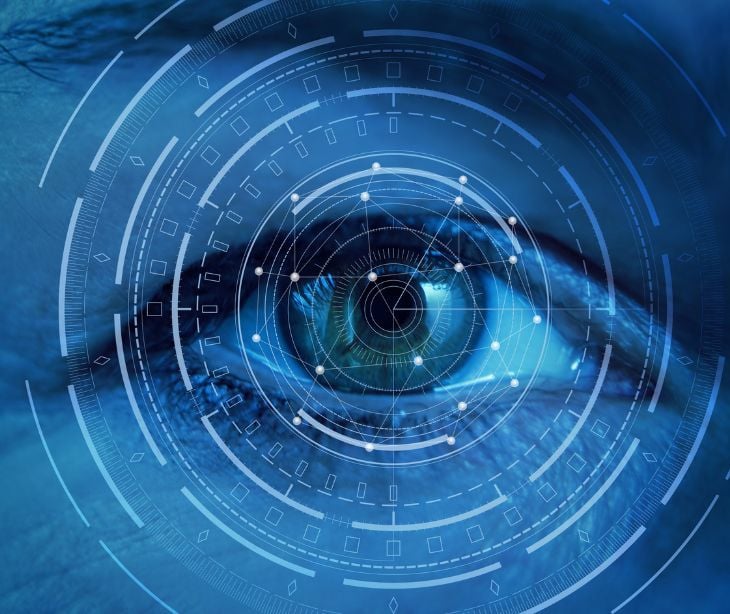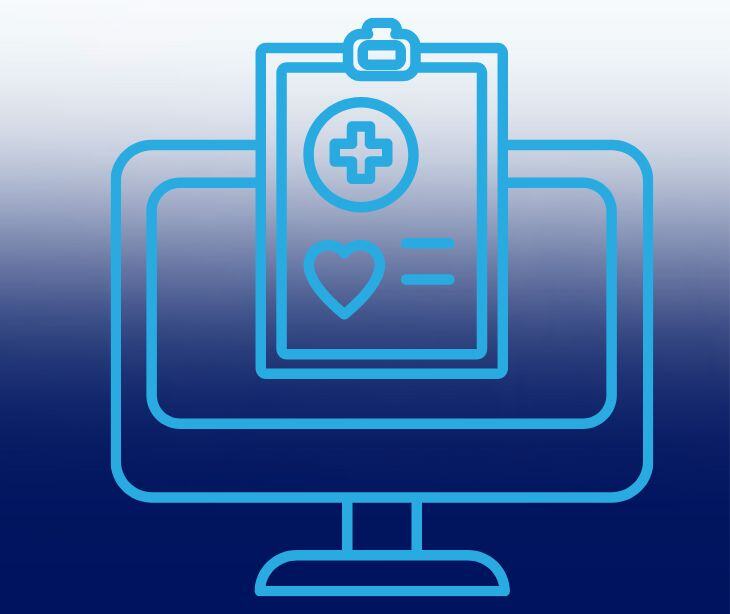
Biometric data plays a role in healthcare, primarily for security, patient identification, and consent verification. It is considered protected health information (PHI) under HIPAA when connected to an individual's health records or used within healthcare services. This classification means it must adhere to strict privacy and security regulations.
What is protected health information (PHI)?
PHI, as defined by HIPAA, encompasses individually identifiable health information related to an individual's health status, the provision of healthcare services, or payment for healthcare. This includes information like medical records, diagnoses, and treatment history, and is subject to strict privacy and security requirements.
Related: What is protected health information (PHI)?
Biometric data in healthcare
Biometric data includes fingerprints, facial recognition, and voice patterns. Its applications range from securely identifying patients to enhancing the protection of electronic health records (EHRs):
- Patient identification: Biometrics helps healthcare providers ensure that the right patient receives the proper treatment, reducing the risk of medical errors and identity theft. For example, using fingerprint scans, hospitals can accurately identify patients during admission, ensuring that medical records and treatments are associated with the correct individual.
- EHR security: Biometric authentication enhances the security of electronic health records, allowing only authorized personnel to access patient data. Biometric access control ensures that patient records remain confidential and secure.
- Consent verification: Biometrics can securely verify patient consent for medical procedures, adding an extra layer of protection to patients' rights.
: Illinois Supreme Court deliberates on nurses' biometric privacy
HIPAA and biometric data
Biometric data is considered PHI when linked to an individual's health records or used in healthcare services, such as patient identification within a healthcare system or the verification of patient consent. In these cases, it falls under the purview of HIPAA, requiring strict compliance with privacy and security regulations.
For example, if a hospital uses fingerprint scans to authenticate patients accessing their EHRs, that biometric data is treated as PHI, as it is directly tied to the healthcare system and patient records. Similarly, if a healthcare facility employs facial recognition for patient identification during admissions, the facial recognition data becomes PHI.
Ensuring HIPAA compliance when handling biometric data
When handling biometric data in healthcare settings, specific measures must be taken to maintain HIPAA compliance for this sensitive information:
- Access control: Implement strict access controls to limit access to biometric data only to authorized personnel directly involved in its use, and ensure access is on a need-to-know basis.
- Encryption: Employ encryption techniques to protect biometric data in transit and storage, safeguarding it from unauthorized access or breaches.
- Consent: Obtain explicit patient consent specifically for the collection, storage, and use of their biometric data, ensuring that patients understand how their data will be used.
- Audit trails: Establish comprehensive audit trails for biometric data interactions, including records of who accessed the data and when to track any unauthorized access.
Privacy and security considerations
Mishandling biometric data can result in severe legal consequences and ethical dilemmas. Violations of HIPAA regulations, especially regarding PHI, can lead to significant fines and damage to an organization's reputation. Therefore, healthcare providers must prioritize the secure handling of biometric data to maintain patient trust and legal compliance.
Related: Balancing convenience and privacy with biometric authentication
Subscribe to Paubox Weekly
Every Friday we bring you the most important news from Paubox. Our aim is to make you smarter, faster.




